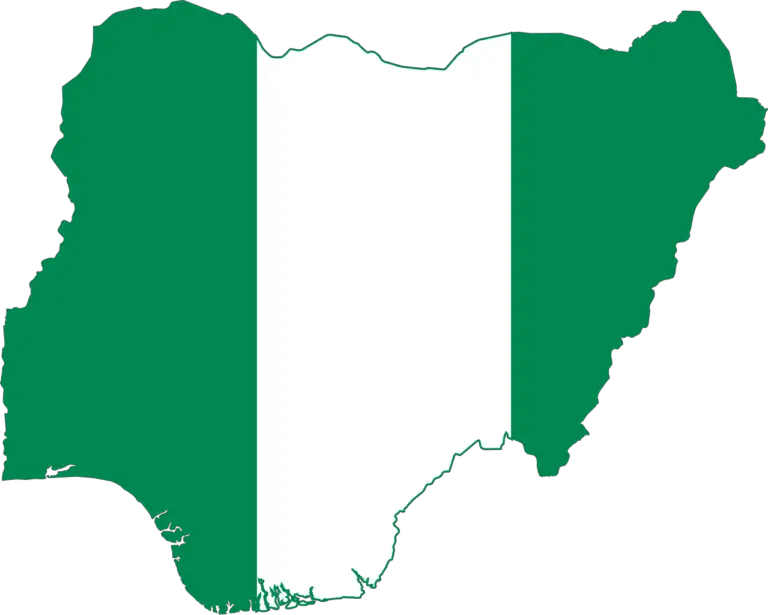UN says Governments need to improve on the “modest” progress made so far in determining climate change guidelines.
Government representatives worldwide will convene a supplementary meeting in Bangkok from Tuesday to Sunday to prepare implementation guidelines of the Paris Climate Change Agreement to be adopted at the annual climate conference known as COP24 to be held in Poland in December.
The Paris Agreement committed 188 countries to keeping rising global temperatures well below two degrees Celsius and as close to 1.5 degrees as possible within this century.
The six additional days for negotiations will be the “last opportunity” before the COP24 conference, the UN Framework Convention on Climate Change (UNFCCC) said at a news conference in Bangkok ahead of the meeting.
“Building on progress made, countries now need to take a decisive step forward in preparing the ambitious and balanced outcome that we need in Katowice,” said Patricia Espinosa, executive secretary of UNFCCC.
“Every year, the impacts of climate change are getting worse.
“This means that every year, the poorest and most vulnerable, who have contributed almost nothing to the problem, suffer more,” Espinosa added, referring to recent severe heatwaves, bushfires, droughts and floods across the world.
The implementation guidelines are needed to monitor progress on measures taken to deal with such natural disasters, according to the UN agency.
Espinosa also urged developed countries and civil society to play a bigger role in lowering emissions and supporting developing countries.
“Governments clearly lead the climate change process. But they alone can’t rise to the challenge and need support of all [the] actors,” she said.
However, non-governmental organisations are less optimistic about the developed countries’ willingness to contribute to the mission, saying that they are “under no illusion” at another press conference in Bangkok that the UN negotiations can bring about such changes.
“The U.S. and other rich countries are constantly attempting to escape full accountability for their huge role on causing and exacerbating climate change,” said Lidy Nacpil, co-ordinator of the Asian Peoples Movement on Debt and Development (APMDD).
“With the expressed intention by the US to withdraw from the Paris Agreement, we do not want to sink into the abyss alone,” said Mithika Mwenda of the Pan-African Climate Justice Alliance (PACJA), referring to President Donald Trump’s announcement in 2017.
“Our hope is that like-minded groups will not evolve into a coalition of climate-deniers mobilised by the U.S. to rock the UNFCCC negotiations boat,” Mwenda added. (dpa/NAN)



